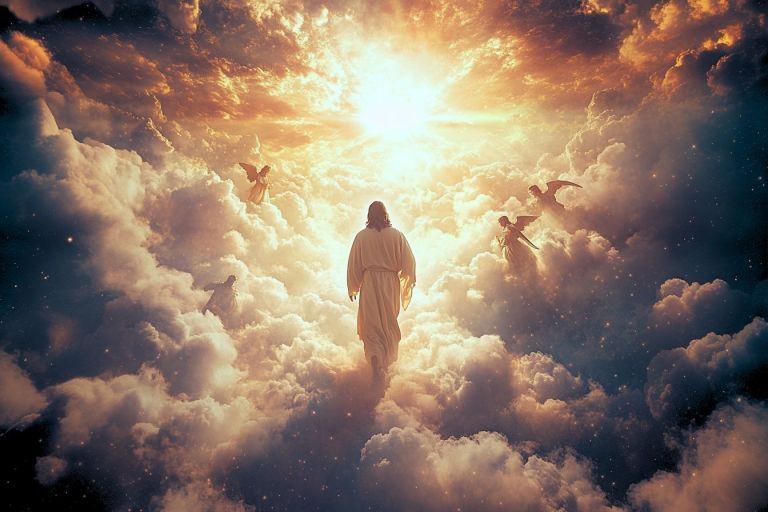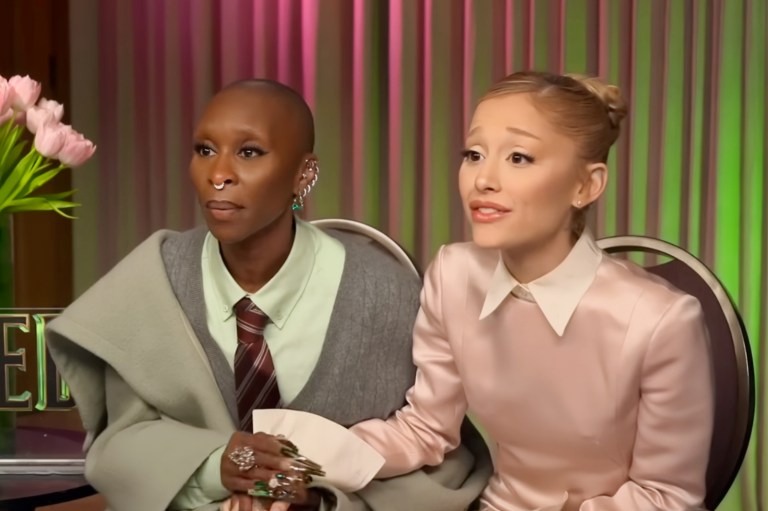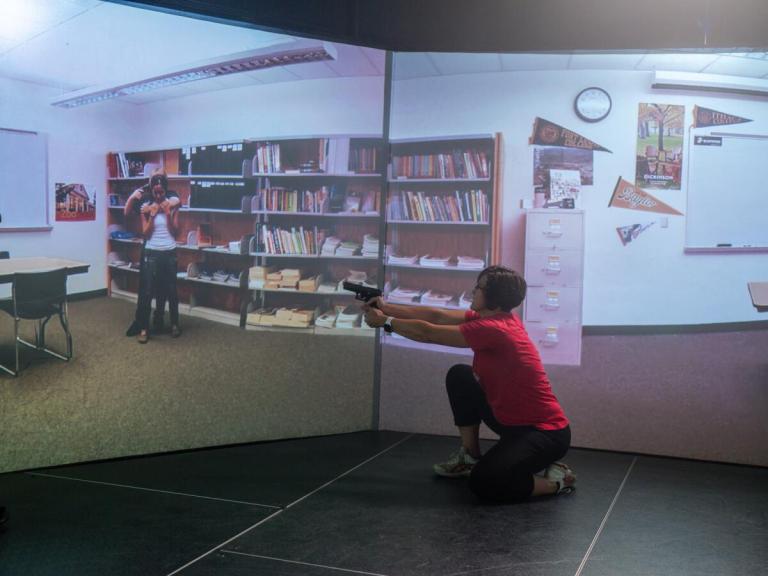
Love Without Limits: Dating With Inflammatory Bowel Disease
Whether you have inflammatory bowel disease or not, chances are you have interesting stories in your rolodex about your dating past. The week I was diagnosed and hospitalized with Crohn’s, my heart was broken not only about my health, but also by my boyfriend at the time. Despite the breakup happening 19 years ago, I still recall how heartbroken I felt to lose love and my identity as a healthy person at the same time.
I was 21 years old, fresh out of college, ready to take the world by storm, with a supportive boyfriend by my side, when everything came to a screeching halt. The day I was released from the hospital in a wheelchair, while on 22 pills a day, my boyfriend who never made the effort to visit me, broke up with me over the phone.
Was it because I now had a chronic illness? I remember standing in my parent’s bedroom, crying the night it happened, and my mom saying, “Well, you’re not perfect to him anymore.” Talk about a punch to the gut. So many of us with Crohn’s disease and ulcerative colitis are diagnosed prior to finding our person. It can feel daunting to even begin to think about what it will take to find a partner despite our health flaws that have no end in sight. At 21-years-old, I immediately felt like my Crohn’s was a scarlet letter and that I was unlovable. Despite all the medications I was on, this was the toughest pill to swallow.
As the years went on, I dated some great guys who never made me feel less than or a burden. They showed there were people out there who didn’t see my Crohn’s as a deterrent, and I was grateful for their support. But still, there were some bad apples along the way. There was the outdoorsy dude who decided he would prefer to go fishing instead of visiting me in the hospital when I had an abscess the size of a tennis ball in my small intestine. Gas prices were “too high” for him to drive three hours and he preferred to be outside with friends as I embarked on starting biologic medication for the first time that involved four painful injections. Then there was the new guy I met at a conference who laughed at me while I cried on the toilet and had to cancel our first date. He joked that I was making up excuses and just didn’t want to see him. I ended up in the hospital with a serious flare that night.
But that’s enough about the past — let’s talk about the now and how you can find a partner to fulfill your needs and be everything you deserve.
The Do’s and Don’ts for Dating with IBD:
One of the most challenging parts of dating someone early on, is knowing when to share that you have IBD. I recommend talking with the person about your health (in person if possible) by the third date. This way, you haven’t invested much time or energy, and you can get a feel for how they react. It also allows you to be honest and upfront and not feel like you’re hiding anything. Pay close attention to their body language and what they say. Not everyone is cut out for being with someone who has a chronic illness, it doesn’t make them a bad person, but it means they aren’t right for you. Keep your explanation high level, you don’t need to go into all the nitty gritty. Allow the person to educate themself and ask you questions.
Do not settle or make excuses for your partner. If you find yourself feeling unsupported or made to feel like a burden, move on to the next. Our IBD gives us superpowers to see the true characters of others — whether it’s a romantic or platonic relationship. Use this clarity to your advantage. If you want someone to be present and they refuse to be, they are not the one for you.
Do not allow your partner to make you feel guilty when you have to cancel plans because of how you are feeling. If anything, allow your partner to be your voice of reason. Oftentimes my husband will give me an out and say it’s ok not to go or to stay home. This often allows me to feel more at ease if we have to cancel plans or pivot.
Communicate, communicate, communicate. With IBD being invisible, it’s so easy for us to put on a brave face and a smile even when we’re hurting. What you don’t share only restricts your partner from being able to help you and support you. I know it can feel like you’re complaining or wanting sympathy, but let them know. If I’m having a “bad” Crohn’s day, I’ll simply text or tell my husband that so he is aware. We can’t expect our partners to be mind readers and shielding them from our pain is doing everyone involved an injustice.
June marks 8 years I’ve been married; my husband and I have three kids. I started dating my husband in August 2013, right before my health took a terrible turn for the worst. From 2014 to 2015 I had three bowel obstruction hospitalizations, bowel resection surgery, colonoscopies, and many ER visits. The way he responded and supported me in those times of vulnerability truly solidified our relationship and built a tremendous sense of trust. He exemplifies what it means to love your spouse in sickness and in health and steps up with the kids when I’m having a high symptom day.
All in all, you want to find someone who doesn’t see your disease as a deterrent, but rather someone who admires your resilience and how you take on life despite your unpredictable health. You want someone who is holding your hand and lifting you up when you’re too weak to stand on your own. You want someone who realizes you are so much more than your illness. Your IBD impacts not only you, but them. Be patient as they navigate the waters, but don’t allow yourself to drown in the process. Trust your gut and follow your intuition. You are lovable. You are capable of being an incredible partner. And there is someone out there worthy of all you have to offer.











